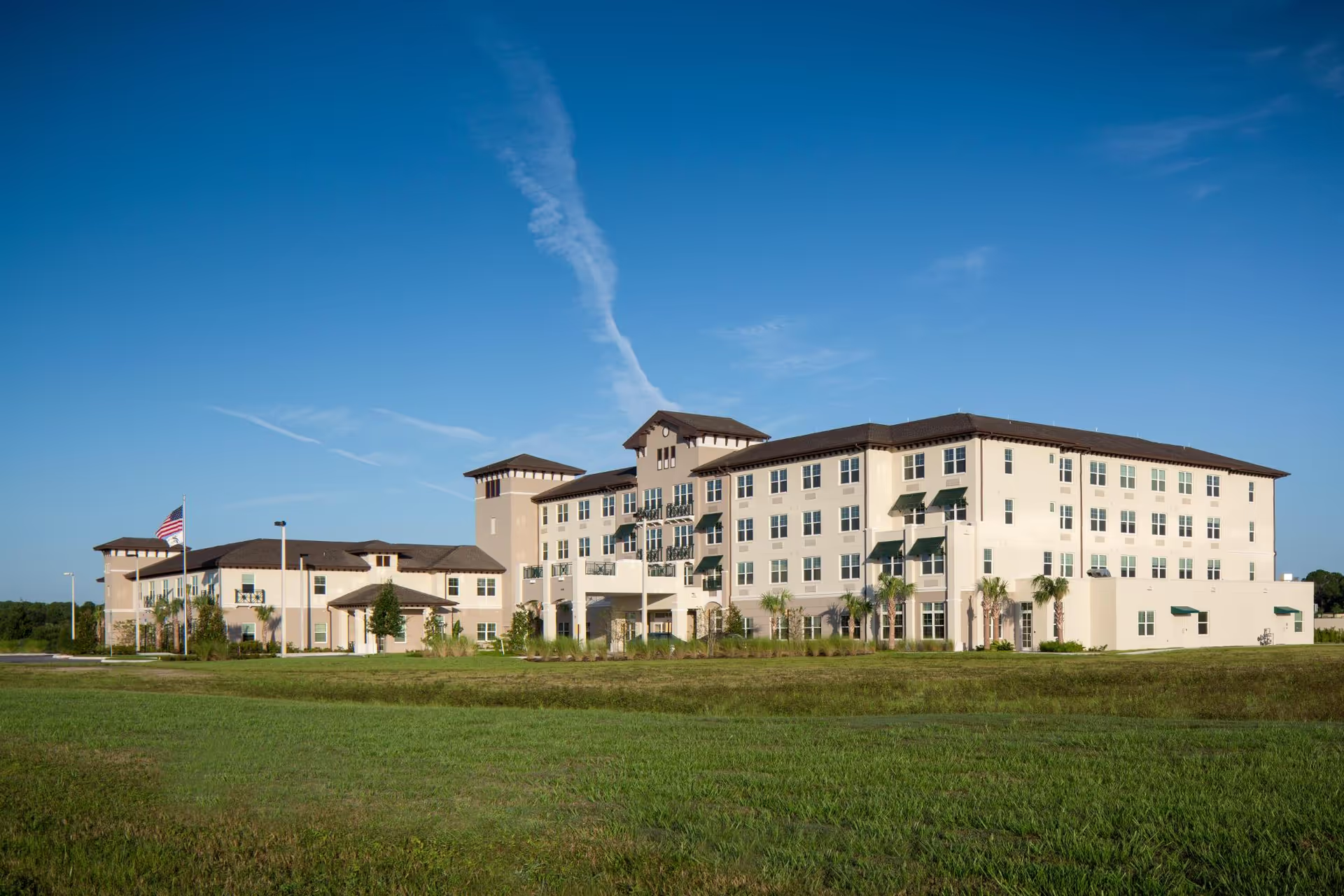The reviews for Boulevard Rehabilitation Center are highly polarized, with strong praise from some families and severe criticisms from others. Many reviewers describe outstanding rehabilitation experiences: competent therapy teams, caring CNAs, attentive nurses, clean rooms, and successful discharges with measurable patient improvement. Multiple accounts highlight responsive maintenance, comfortable and spacious rooms, available in-house dialysis, engaging activities like bingo and outdoor space, and a handful of staff members singled out as exceptional. These positive reports often emphasize effective therapy that helped residents return home stronger and more confident.
Contrasting these positives are numerous, serious complaints suggesting inconsistent care quality across different units, shifts, and time periods. Several reviewers report critical lapses in basic nursing care — residents left in bed for long periods with minimal hygiene or showering, laundry neglected (with dirty clothing stored in cardboard boxes), and feeding/meal-tray failures. There are multiple accounts of infections and adverse medical outcomes allegedly linked to neglect, including bedsores, urinary tract infections, pneumonia, dehydration, and hospital transfers. One report even cites a fall caused by a therapist failing to secure a patient, resulting in a broken thumb that was not properly wrapped.
Staffing and responsiveness emerge as recurring themes behind many negative experiences. Reports of being short-staffed, admitting more residents than staff can manage, and widely varying staff-to-patient ratios are frequent. Some family members describe phone calls being ignored or hung up on, administrators who do not return calls, and a general lack of communication or transparency about care decisions — including difficulty getting information or even battling to remove a resident. Several reviewers characterize the administration as unhelpful or motivated by profit, suggesting systemic issues rather than isolated incidents.
Facility cleanliness and environment also produce mixed impressions. Numerous reviewers praise a clean, bright facility with no odors and well-kept common areas and rooms. At the same time, others report filthy rooms or bathrooms, strong odors of urine and feces in parts of the building, and at least one roach sighting. Temperature control and building maintenance were criticized in some reports — for example, extreme temperature swings in rooms or beds placed against air-conditioning units creating fall hazards. The disparate accounts suggest variability in housekeeping and infection-control practices across wings or shifts.
Dining and therapeutic services draw split feedback. Many reviewers appreciate the therapy department and credit it with successful recoveries; others state therapy was minimal or provided by outside contractors and not robust enough. Food quality is another frequent complaint: reviewers report cold, poorly prepared, or inadequate meals (including accounts of simple or missed meals like a cheese sandwich at dinner), although some families enjoyed the food and dining services. Activities programming also varies by report — some praise daily activities and social engagement, while others say activities are lacking or hospital-like.
Safety and clinical oversight concerns are notable in the negative accounts. Problems include improper handling of oxygen and tubes, inconsistent medication timing, delayed or absent physician visits, and slow responses that led to ER transfers. These issues, together with reports of infections and injuries, point to potential lapses in clinical governance and emergency protocols for certain shifts or units.
Overall, the pattern in these reviews is one of high variability: Boulevard Rehabilitation Center can provide excellent, even exemplary, rehabilitative care and supportive nursing for some residents, while other patients experience neglect, poor communication, and significant safety or hygiene problems. The divergence often correlates with specific staff members, shifts, or wings, suggesting inconsistent staffing levels, training, or management oversight. Prospective families should weigh both the positive reports of strong rehabilitation outcomes and the serious negative allegations of neglect and safety lapses when considering placement, and should probe staffing ratios, infection-control practices, laundry procedures, meal delivery systems, and how the facility handles complaints and clinical concerns.







